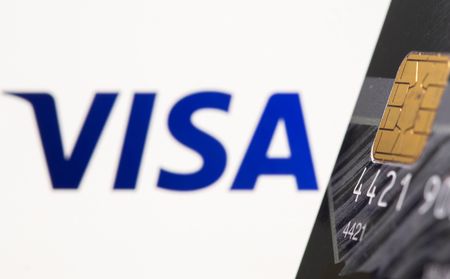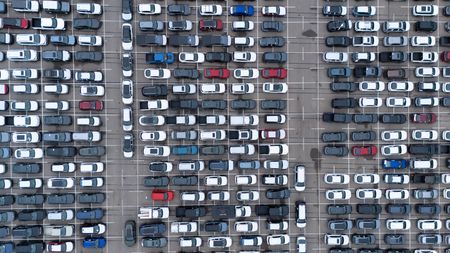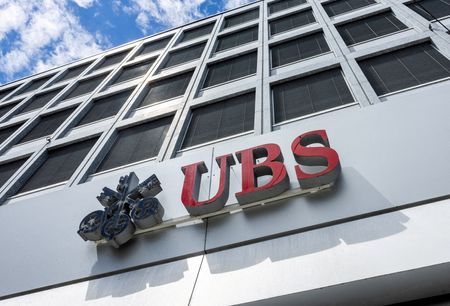BELGRADE (Reuters) – Serbia’s bid to join the European Union could stall unless the government speeds up reforms of the judiciary, media and election laws, EU enlargement commissioner Marta Kos said on Tuesday.
“Without these changes, Serbia cannot advance,” Kos said after talks in Belgrade with Prime Minister Djuro Macut, adding that she planned to meet students and civic organisations on Wednesday.
Serbia has seen months of anti-government protests after 16 people were killed when a railway station roof collapsed in the northern city of Novi Sad, triggering accusations of widespread corruption and negligence.
The protests now include students, teachers and farmers as well as opposition activists, and they pose a big challenge to populist President Aleksandar Vucic.
“What we (the EU) are looking for is very close to what the people (protesting) on the streets in Serbia are looking for,” Kos said.
Macut, who took over as prime minister on April 16 following the previous government’s collapse amid the continued street protests, said Serbia remained committed to EU integration.
“However, that is a long process,” he said.
Serbia gained the status of EU membership candidate in 2012.
Earlier on Tuesday Vucic said Serbia’s economic growth was expected to slow to 2.1% in the first quarter, mainly due to a fall in tourism that he said was a result of the protests.
“Tourism recorded a 22.8% fall in the first three months and this is a direct consequence of the criminal blockades and the criminal destruction of Serbia, coming both externally and internally,” Vucic told reporters.
In its regional Western Balkan report this week, the World Bank cut its growth figure for Serbia this year to 3.5% from 4.2%.
Vucic, who was scheduled to meet Kos later on Tuesday, said he expected “nothing special” from her visit.
Serbia is juggling its EU bid with close historic ties to Russia. Vucic said he would attend a May 9 military parade in Moscow marking the anniversary of the end of World War Two and that he would meet Russian President Vladimir Putin.
(Reporting by Ivana Sekularac and Aleksandar Vasovic; Editing by Sharon Singleton and Gareth Jones)










